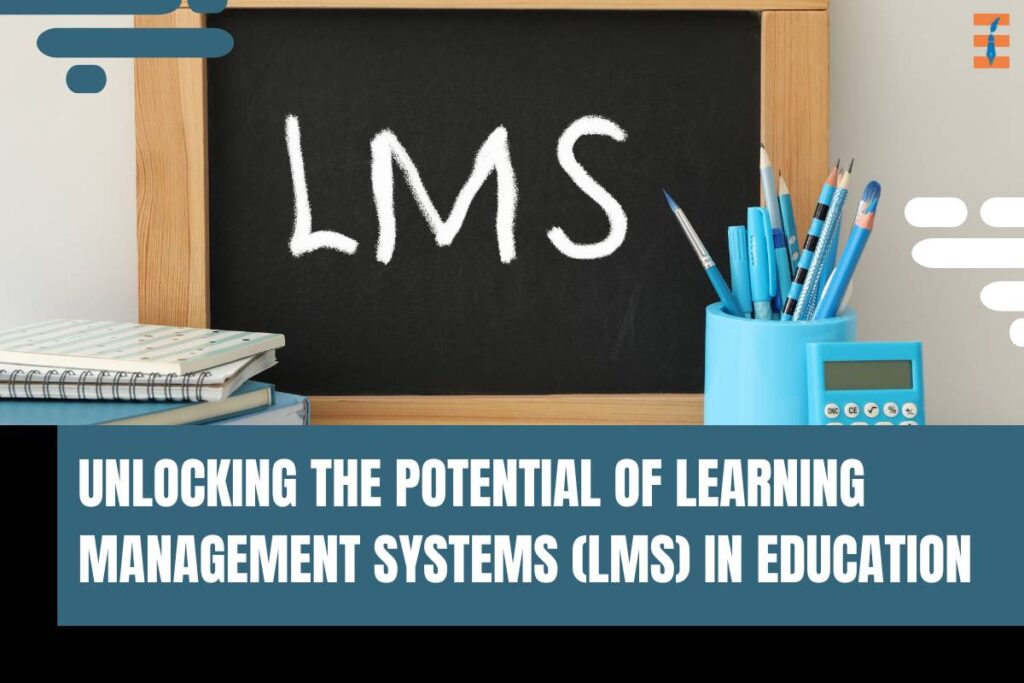In today’s rapidly evolving educational landscape, technology plays a pivotal role in transforming traditional teaching and learning methods. One of the most significant advancements in this regard is the advent of Learning Management Systems (LMS). These Systems have revolutionized the way educational content is delivered, managed, and assessed, offering a comprehensive platform for educators and learners alike. In this article, we’ll explore the fundamentals of Learning Management Systems, their benefits, challenges, implementation strategies, and the future outlook for this transformative technology.
Understanding Learning Management Systems
Learning Management Systems, often abbreviated as LMS, are software applications designed to facilitate the administration, delivery, tracking, and assessment of educational courses or training programs. These systems provide educators with a centralized platform to create, organize, and deliver learning content, as well as tools for monitoring student progress, assessing performance, and communicating with learners.
Key Features of Learning Management Systems
LMS typically offers a wide range of features to support various aspects of the teaching and learning process, including:
1. Content Management
LMS platforms allow educators to create, upload, organize, and manage educational content such as text documents, presentations, videos, quizzes, and assignments.
2. Course Administration

LMS systems enable administrators to manage course enrollments, user accounts, permissions, and access controls, ensuring smooth operation and security.
3. Communication Tools
LMS platforms include communication features such as discussion forums, messaging systems, announcements, and notifications to facilitate interaction and collaboration between educators and learners.
4. Assessment and Grading
LMS systems provide tools for creating and administering quizzes, exams, assignments, and assessments, as well as for tracking student progress, grading submissions, and providing feedback.
5. Analytics and Reporting
LMS platforms offer analytics dashboards and reporting tools to monitor learner engagement, performance, and course effectiveness, enabling data-driven decision-making and continuous improvement.
Benefits of Learning Management Systems
LMS offers a wide range of benefits for educators, learners, and educational institutions, including:
1. Accessibility and Flexibility
LMS platforms provide anytime, anywhere access to educational content, allowing learners to engage in learning activities at their own pace and convenience, regardless of location or time zone.
2. Personalization and Differentiation
LMS systems support personalized learning experiences by offering customizable content, adaptive assessments, and individualized feedback, catering to diverse learning styles and preferences.
3. Efficiency and Scalability
LMS platforms streamline course administration, content delivery, and assessment processes, saving time and resources for educators and institutions, while also enabling scalability to accommodate growing numbers of learners and courses.
4. Engagement and Collaboration
LMS systems foster active engagement and collaboration among learners through interactive content, social learning features, and communication tools, enhancing the overall learning experience.
5. Data-Driven Decision-Making
LMS platforms provide valuable insights into learner behavior, performance, and course effectiveness through analytics and reporting tools, empowering educators and administrators to make informed decisions and optimize teaching and learning outcomes.
Challenges and Considerations
Despite their numerous benefits, Learning Management Systems also present certain challenges and considerations that educators and institutions need to address:
1. Training and Support

Effective implementation and utilization of LMS platforms require adequate training and support for educators, administrators, and learners to familiarize them with the system’s features and functionalities.
2. Content Development
Creating high-quality, engaging, and interactive educational content for LMS platforms can be time-consuming and resource-intensive, requiring expertise in instructional design and multimedia development.
3. Technical Issues and Integration
LMS platforms may encounter technical issues such as downtime, compatibility issues, and integration challenges with other systems and tools, necessitating robust technical support and seamless integration strategies.
4. Accessibility and Equity
Ensuring accessibility and equity in LMS usage is essential to accommodate learners with diverse needs, including those with disabilities, limited internet access, or non-native language proficiency.
5. Data Privacy and Security
Protecting learner data privacy and ensuring the security of sensitive information stored on LMS platforms are critical considerations, requiring compliance with data protection regulations and the implementation of robust security measures.
Implementation Strategies
To maximize the effectiveness of Learning Management Systems, educators and institutions can adopt the following implementation strategies:
1. Needs Assessment
Conduct a thorough needs assessment to identify specific goals, requirements, and challenges related to teaching, learning, and course administration.
2. Selecting the Right LMS
Choose an LMS platform that aligns with the institution’s goals, budget, technical requirements, and user preferences, considering factors such as scalability, customization options, support services, and vendor reputation.
3. Training and Professional Development
Provide comprehensive training and professional development opportunities for educators, administrators, and support staff to build their skills and confidence in using the LMS effectively.
4. Content Development and Curation
Develop high-quality, interactive educational content tailored to the needs and preferences of learners, leveraging multimedia resources, open educational resources (OER), and collaboration tools.
5. Monitoring and Evaluation
Continuously monitor learner engagement, performance, and satisfaction with the LMS through analytics, surveys, and feedback mechanisms, and use this data to inform ongoing improvements and adjustments.
The Future Outlook for Learning Management Systems
As technology continues to advance and the demand for online and blended learning experiences grows, the future outlook for Learning Management Systems appears promising. Key trends shaping the future of LMS include:
1. AI and Adaptive Learning
Integration of artificial intelligence (AI) and machine learning algorithms into LMS platforms to personalize learning experiences, provide adaptive assessments, and optimize course recommendations based on learner preferences and performance.
2. Mobile Learning

Increasing adoption of mobile-friendly LMS platforms and micro-learning content delivery formats to accommodate learners’ preferences for any time, anywhere access to educational resources using smartphones and tablets.
3. Augmented Reality (AR) and Virtual Reality (VR)
Integration of AR and VR technologies into LMS platforms to create immersive, interactive learning experiences, simulations, and virtual laboratories that enhance student engagement and comprehension.
4. Blockchain and Credentialing
Utilization of blockchain technology for secure credentialing, verification, and digital badges, enabling learners to showcase their achievements and credentials in a decentralized and tamper-proof manner.
5. Collaborative Learning Spaces
Development of virtual collaborative learning spaces and social learning platforms within LMS environments to facilitate peer-to-peer interaction, group projects, and community building among learners.
Conclusion:
Learning Management Systems represent a powerful tool for transforming education by providing educators and learners with a centralized platform for content delivery, management, assessment, and collaboration. While LMS platforms offer numerous benefits, they also present challenges and considerations that require careful planning, implementation, and ongoing support. By leveraging effective implementation strategies and embracing emerging trends, educators and institutions can harness the full potential of Learning Management Systems to enhance teaching, learning, and educational outcomes in the digital age.
Also Read: Revolutionizing Learning: The Power and Potential of Educational Software










